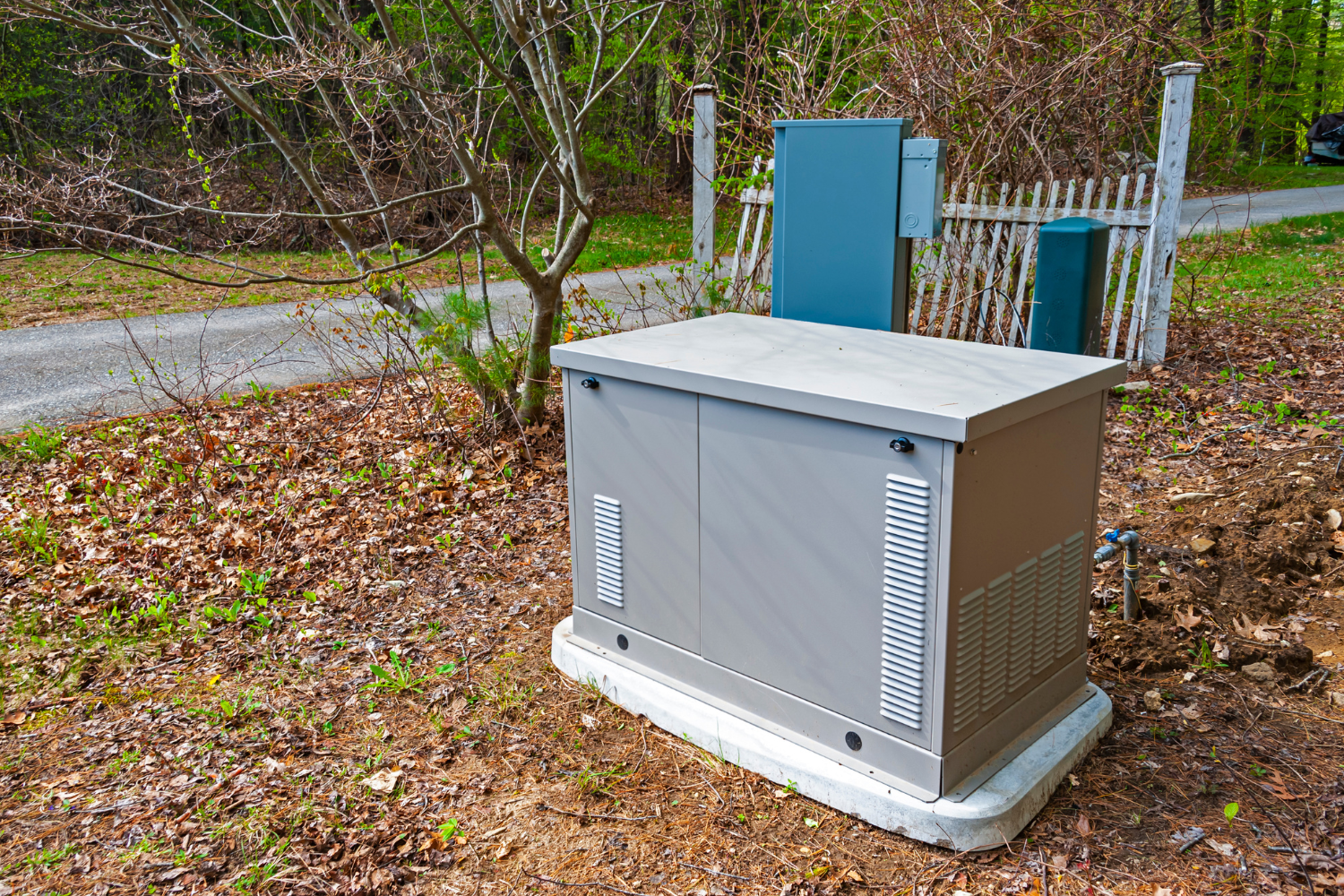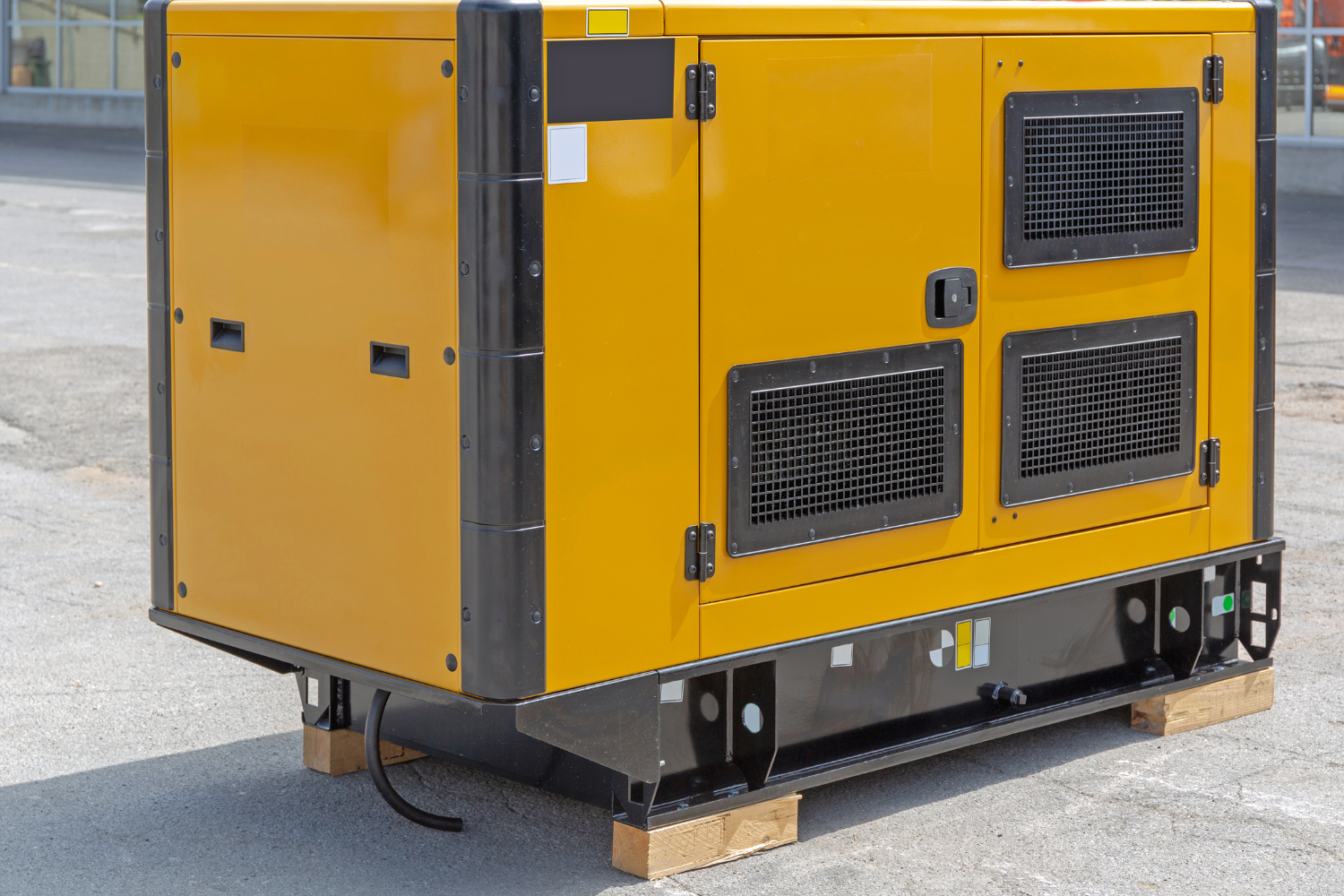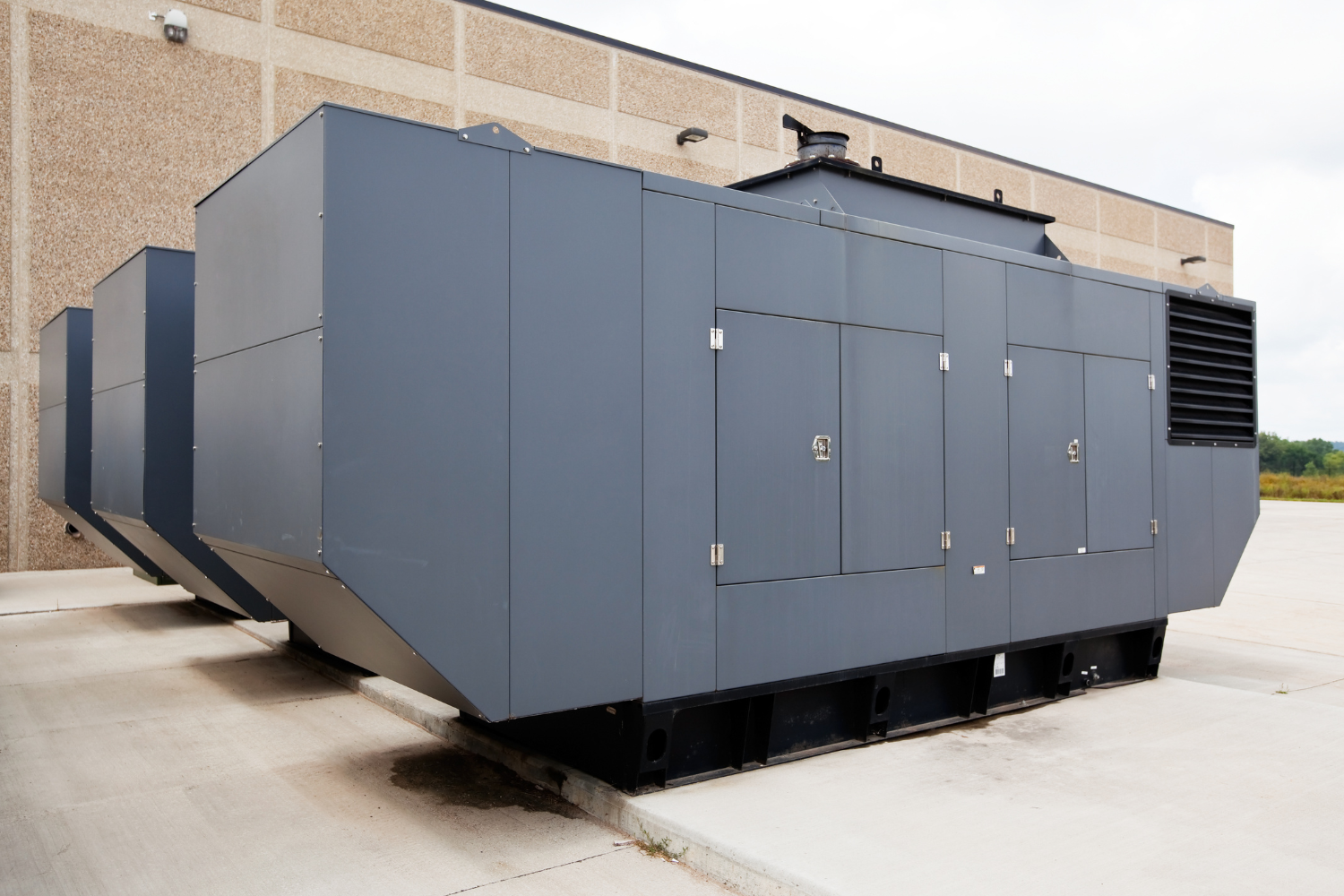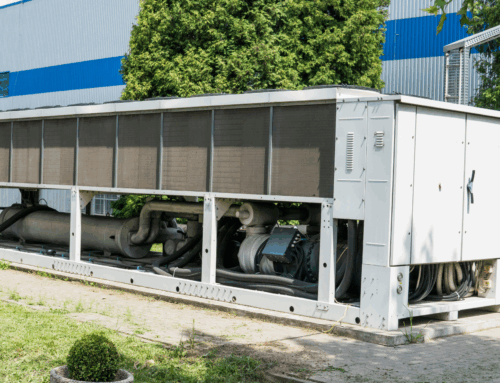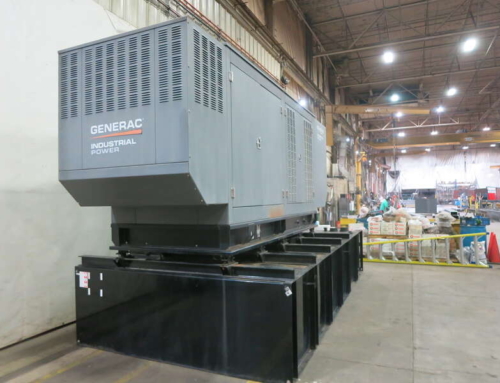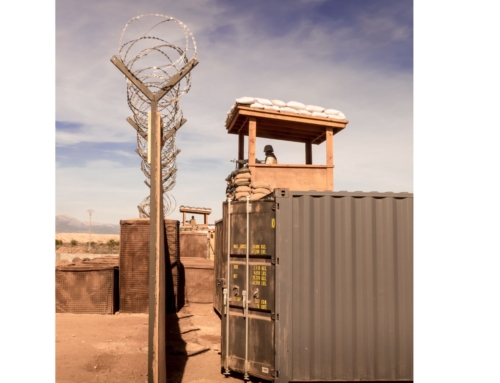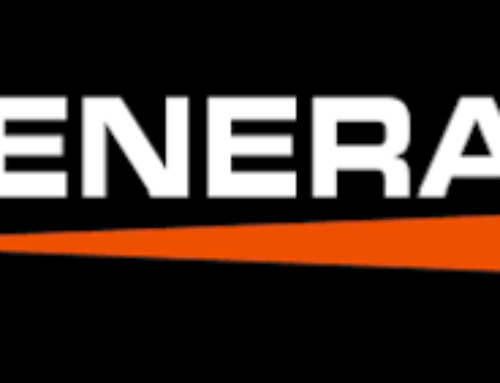Generators are marvels of engineering that can keep your systems going during a power outage. They can be classified into several types based on their power output.
This blog will examine what defines a commercial generator, how it differs from residential and industrial generators, and how to choose the right one for your needs.
Residential vs. Commercial vs. Industrial Generators: What’s the Difference?
While the purpose of all generators is the same (to keep systems running during power outages), generators can differ in several ways. Here are the most common types of generators.
Residential Generators
Residential generators, as the name suggests, are small and low-power devices primarily meant to handle the power load of a typical household during a power outage.
They are portable units, require no professional installation, and are usually plug-and-play machines. They typically run on gasoline or natural gas and are available in single-phase or three-phase units.
The portability comes at a cost, i.e., little to no sound insulation that makes them loud. On the maintenance front, you can easily take on the task yourself.
Residential generators usually have power outputs of less than 25 kilowatts.
Commercial Generators
Commercial generators are slightly more powerful machines designed to meet the needs of small to medium-sized businesses, farms, or if you need a robust source of power in remote areas such as construction sites.
These generators are built from sturdier materials and are designed to take on much higher loads with power outputs of about 25 – 150 kilowatts. As these generators are meant to handle higher loads, they tend to have larger engines with many superior components. This helps cool the generator so that it can operate at its optimal temperature for extended periods.
Commercial Generators can either come as mobile units that can be towed to a location or as fixed units placed on a suitable concrete pad.
Commercial generators usually run on either diesel or natural gas.
Natural gas generators work best in areas where the temperatures are close to or below the freezing points of diesel. That said, they do produce lower power than their diesel counterparts. An added benefit of using a natural gas generator is that you won’t have to worry about refueling if you live in a location connected to a natural gas grid. However, it is important to remember that these generators cannot be used if the grid is compromised in the event of a natural disaster.
On the other hand, their diesel counterparts deliver higher levels of sustained power, but they require proper maintenance as per the manufacturer’s instructions and have to be refueled.
Industrial Generators
Industrial generators are the behemoths of the generator world. With capacities running from 150 kilowatts to a whopping 2 megawatts, these generators are used in any setting that needs massive amounts of backup power to keep their systems running. Oil rigs, airports, and large industrial and manufacturing plants are a few places where they are used.
They usually need a crane or a forklift to place them into position and require professional installation and maintenance.
How Do You Select a Commercial Generator for Your Needs?
Selecting the right generator for your needs requires careful consideration of the following factors:
1.Your Power Requirement
Calculate the power requirement for all the equipment you want to support during a power outage. Also, take into account the starting load of the equipment in question. It’s a good idea to add 20-25% to your total power needs and size your generator based on that figure. That way, the generator runs at about 80% of its capacity and has some reserve left over in case of additional requirements.
2.The Cost and Availability of Fuel
Commercial generators usually run on either diesel or natural gas. Each type has its own advantages and disadvantages regarding availability, cost, efficiency, and environmental impact. Also, consider the run time and any emission regulations in your location before deciding.
3.Calculate Installation and Recurring Costs.
Commercial generators require professional installation, which can be expensive. They also incur recurring costs in terms of service, maintenance, and fuel. Take into account all these factors to determine if renting or buying a generator is best for your requirements.
Learn more in Industrial Generators: What Commercial Operations Require Them?
Wrapping It Up
Commercial generators are a vital asset for businesses of all sizes. They can provide backup power in the event of a power outage, keeping your operations running smoothly while simultaneously protecting your equipment from damage. Consider all the abovementioned factors before deciding and enjoy an uninterrupted power supply for your business.
Common Questions about Commercial Generators
1.What are the factors to consider before buying a commercial generator?
Calculate the size of the load that needs to be powered. Check which fuel type (diesel or natural gas) is easily available or works out to be more economical in your location and if the brand has a robust service network.
2.Should I buy or rent a commercial generator?
Renting a generator will save you the upfront cost of buying one. You can also easily rent a larger generator based on your needs if required. You also save on the service and maintenance costs. On the other hand, purchasing a generator will give you full ownership over its use; you can write it off as a business expense, and it is a valuable asset to add to your business.
3.How often does a commercial generator need to be serviced?
The service intervals will primarily depend on two factors: the manufacturer’s instruction and the usage. Generally, if your usage is moderate, a full service should be performed at least once a year. For commercial generators, it’s always best to hire professionals.
4.Are there any safety precautions to follow with commercial generators?
Commercial generators are no different when it comes to their basic operation, so the general rules apply here. Always place the generator in a well-ventilated area and install carbon monoxide detectors nearby. Keep kids and pets away from them as they run hot and are an electrical hazard. Finally, never store fuel next to your generator.
5.Are there any regulations for installing commercial generators?
The regulations for commercial generators vary from state to state. It is important to check with your local authorities to determine the specific regulations that apply to your business.


